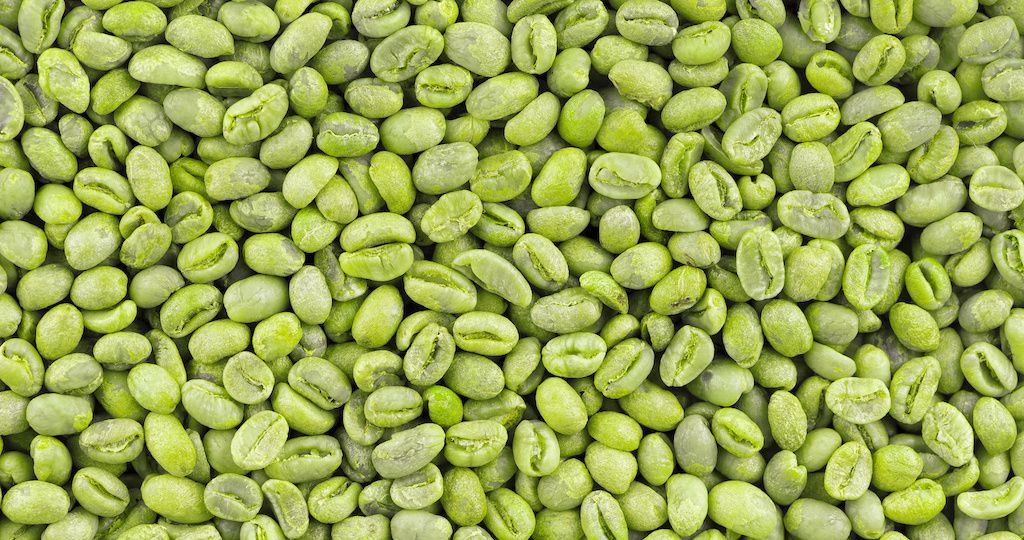
Indonesia, renowned for its rich biodiversity, stands as a pivotal coffee-producing nation. Its archipelago, stretching across a volcanic landscape, cultivates coffee beans that are celebrated worldwide for their distinct flavors and aromas.
Indonesian green coffee beans, unroasted seeds harvested from coffee cherries, exhibit unique qualities attributable to the country’s diverse climates and terrains.
The Importance of Choosing the Right Supplier
Selecting an adept supplier is crucial for acquiring high-quality Indonesian green coffee beans. The criteria for this selection extend beyond price and availability, emphasizing the supplier’s commitment to quality, sustainability, and ethical sourcing practices.
The right supplier ensures not only the superior quality of coffee beans but also supports sustainable agriculture practices, enhancing the long-term viability of coffee farming in Indonesia.
Major Regions and Their Coffees
Sumatra
Sumatra, Indonesia’s largest island, is synonymous with coffee that possesses a full body and low acidity, often accompanied by earthy or woody notes. The Gayo and Mandheling regions are particularly famed for producing coffee that reflects the island’s rich, volcanic soil, contributing to its distinctive taste profile.
Java
Java’s historical significance in the coffee world cannot be overstated, being one of the first places where coffee was cultivated outside of Africa and the Arabian Peninsula. Coffee from Java is known for its clean, well-defined flavor profiles, ranging from sweet and soft to full and heavy-bodied.
Sulawesi
Sulawesi, formerly known as Celebes, produces Toraja coffee, which is esteemed for its expansive flavor profile that includes vibrant, fruity notes and pronounced acidity. The traditional processing methods employed in Sulawesi contribute significantly to the coffee’s unique characteristics.
Bali
Bali is acclaimed for its commitment to organic coffee production, with local farms often utilizing sustainable, eco-friendly farming techniques. The coffee from Bali is noted for its mild acidity and strong flavor notes, including chocolate and fruit, making it a favorite among coffee aficionados.
From Farm to Supplier
The cultivation of green coffee beans in Indonesia is an intricate process that reflects the dedication of local farmers to quality and sustainability. Cultivation practices vary from island to island, tailored to the unique environmental conditions, with a focus on maintaining the health of the soil and the surrounding ecosystem.
Harvesting and processing methods are equally diverse, including both traditional and modern techniques to ensure the beans retain their distinctive flavors. For example, the method of wet-hulling, predominant in Sumatra, contributes to the region’s coffee’s unique characteristics.
Quality Control and Certification
In the Indonesian green coffee bean supply chain, certification plays a pivotal role in ensuring quality and sustainability. Certifications such as Organic and Fair Trade are not just badges of honor but essential markers of adherence to rigorous agricultural and social standards.
These certifications help in assuring buyers of the coffee’s quality and the ethical practices behind its production. Quality control measures are implemented at every stage of the supply chain, from cultivation through to processing, to ensure that only the best beans make it to the global market.
Profiles of Leading Suppliers
Indonesia is home to numerous suppliers of green coffee beans, each with its services and products offered. From large-scale exporters to boutique farms that specialize in single-origin coffees, these suppliers ensure a diverse range of Indonesian coffees is available worldwide. Their unique selling points often include direct trade relationships, specialty grade beans, and a focus on sustainability and traceability.
Sustainability and Ethical Practices
Efforts towards sustainable coffee farming are evident across Indonesia’s coffee-producing regions. Many suppliers are actively involved in community involvement and ethical sourcing initiatives, ensuring fair compensation for farmers and investing in local infrastructure to improve living standards.
These practices not only enhance the quality of life for coffee-growing communities but also ensure the long-term sustainability of coffee production in Indonesia, preserving its rich coffee culture for future generations.
Factors to Consider
When choosing Indonesian green coffee beans, bean quality and grade are paramount. Grades reflect the beans’ size, density, and defect level, directly influencing the coffee’s flavor profile and roast consistency. Flavor profile preferences also guide selection, with Indonesian beans offering a range from earthy and spicy to sweet and fruity.
Building Relationships with Suppliers
The importance of trust and transparency in dealings with suppliers cannot be overstated. Establishing long-term partnerships with suppliers ensures access to premium beans and contributes to ethical sourcing practices, benefiting both producers and buyers.
FAQs
- What makes Indonesian green coffee beans unique? The unique combination of volcanic soil, climate, and traditional farming practices in Indonesia results in beans with distinct flavor profiles, unmatched in other coffee-producing regions.
- How do I ensure the beans are sustainably sourced? Look for certifications like Organic and Fair Trade, and choose suppliers committed to ethical practices and environmental stewardship.
- Can I get samples before placing a large order? Most reputable suppliers are willing to provide samples for evaluation to establish quality and flavor profile suitability.
Final Thoughts
Indonesia’s diverse coffee regions offer unique beans, each with its own distinct flavor profile. Selecting the right supplier is crucial, not only for the quality of the beans but also for supporting sustainable and ethical coffee production practices.









